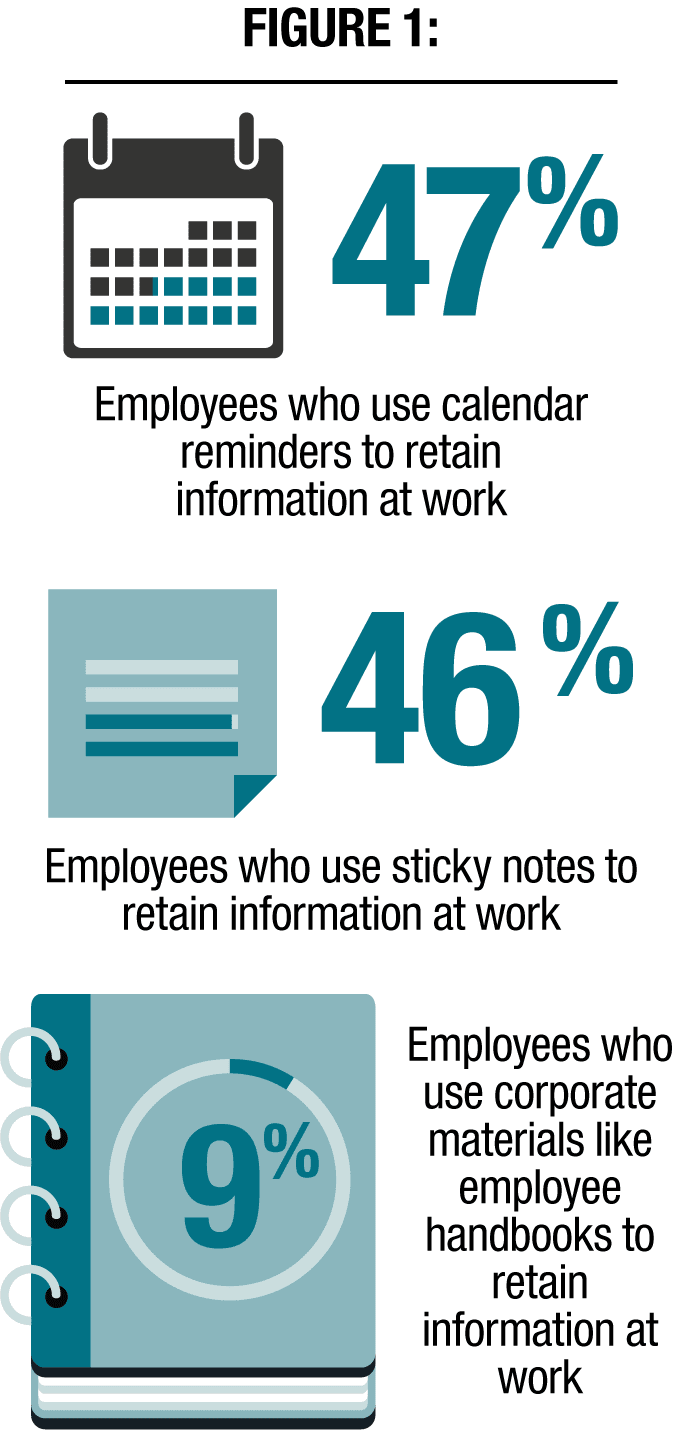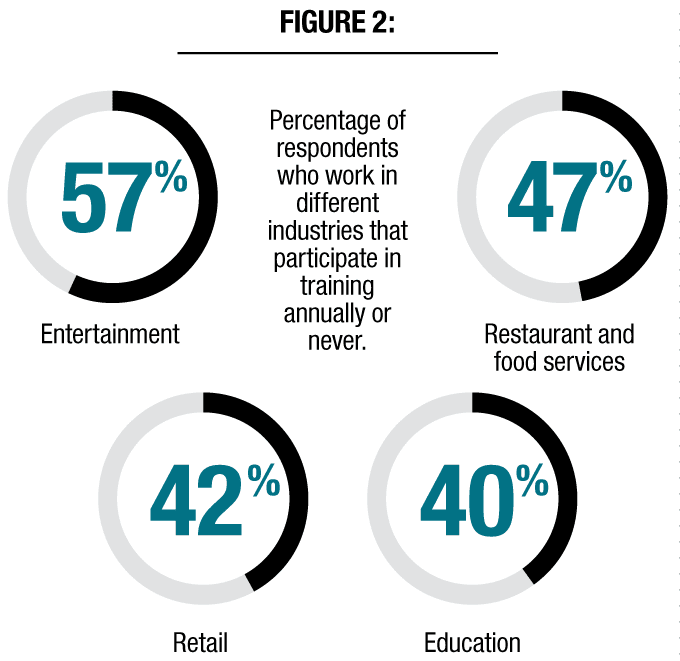More than three-quarters (77 percent) of Americans own a smartphone in 2017, according to January data from Pew Research. Multinational networking and telecommunications equipment and services company Ericsson expects the world to have more than 6 billion smartphone subscriptions by 2020. Basically, online access via mobile devices is omnipresent and will become more so, leaving humans with constant contact to information in just a few swipes of a screen.
Though the internet connects humanity in many useful, quotidian ways, it also affects the way people retain information and how hard they exert their memory. A May 2015 study from cybersecurity company Kaspersky Lab showed that a majority of people use the internet, frequently accessed from their smartphones, as an extension of their brains. The study, which surveyed 1,000 Americans ages 16 to 55, split evenly between men and women, found the internet serves as a large component of people’s memory, holding all facts and figures they need to recall. Calling it “digital amnesia,” researchers found that when asked a question, more than half of respondents would look to the internet before trying to remember. Even more disquieting: almost one-third (29 percent) would forget a fact as soon as they used it.
Forgetting Information Hurts
With these data points in mind, it’s no surprise this trend of aloof memory loss is creeping into the workforce. Workers find it difficult to remember all of the information necessary to successfully complete their jobs, and to avoid wasting precious time looking up information previously taught and discussed.
In “The Employee Forgetfulness Index,” a January survey of more than 1,000 employees across the U.S., Bridge by Instructure uncovered some compelling insights about how often employees forget what they learn in training. [Editor’s note: Author works for Instructure.] Of the employees surveyed, 43 percent were Generation X, 35 percent millennials and 19 percent baby boomers; most respondents were either midlevel employees or managers or supervisors.
In performing this study, researchers sought to assess how well employees retain information, where they look for resources to retain information and how frequently they are trained on important company knowledge and skills. This examination found that employees lack important retention tools, are not trained frequently and desire more in-depth retention programs than the current corporate environment provides.
The study also found that company productivity can be severely impaired by a lack of adequate information retention. For instance, the study found that in a company with 1,000 employees, workers spend nearly 6,000 hours annually looking up information they were already taught. At the same organization, workers spend at least 10,000 hours per year answering questions or explaining concepts they’ve already discussed.
Employees Need Help Remembering
 To recover productivity and curb any future losses in valuable time, companies need to significantly reexamine and revamp the tools they use to help employees remember essential information and increase the frequency in which they deliver training. In the current corporate landscape, employees are using inefficient ways to remember information and are, collectively, not receiving the tools they need to effectively tap into their personal memory palaces. The survey found that calendar reminders (47 percent) and Post-it notes (46 percent) are the most popular tools responding employees use to retain information at work (see Figure 1). In contrast, corporate materials such as an employee handbook are one of the least frequently used tools (9 percent).
To recover productivity and curb any future losses in valuable time, companies need to significantly reexamine and revamp the tools they use to help employees remember essential information and increase the frequency in which they deliver training. In the current corporate landscape, employees are using inefficient ways to remember information and are, collectively, not receiving the tools they need to effectively tap into their personal memory palaces. The survey found that calendar reminders (47 percent) and Post-it notes (46 percent) are the most popular tools responding employees use to retain information at work (see Figure 1). In contrast, corporate materials such as an employee handbook are one of the least frequently used tools (9 percent).
“Remembering important information is difficult under any circumstance, but it’s especially challenging when you don’t have the right tools to help it along,” said Ken Jennings, memory master and 74-time Jeopardy champ who was involved in the study. “Organizations have an explicit opportunity to use more advanced technology than paper notes and calendar notices to help their employees with their memory. It’s time they use them.”
It’s an intuitive thought that more training would help employees retain information. Yet, 78 percent of respondents reported only participating in training quarterly or less. The frequency of corporate training varies by industry (see Figure 2). Of respondents working in the restaurant/food services industry, 47 percent participate in training annually or not at all. Of those who work in education, 40 percent of respondents said they participate in training annually or never — for an industry that revolves around teaching and training others, this statistic is surprising.
“So much effort goes into creating trainings; but if not delivered in an intermittent cadence, all the hard work evaporates when employees forget information,” said Jeff Weber, senior vice president of people and places at Instructure. “Investing in follow-up refresher trainings is a simple way that companies can increase productivity and ensure their staff remembers information crucial to their jobs.”
Retention Programs Work
“Companies need a learning strategy combining training and memory tools that focus on retention, for any content on any subject,” Weber said. A combined program of training, retention tools and information reminders can deliver the best results for a memory-enhanced corporation; 72 percent of respondents in the study said they would benefit from receiving email reminders about topics covered in company trainings.
Improved knowledge retention programs are essential to modern organizations, as they help corporations better leverage their training programs, boosting productivity and saving time and resources. These kinds of programs affect the entire company, down to the individual employee, while simultaneously enhancing job performance and developing stronger minds.
Matt Bingham is vice president of product for Instructure.













